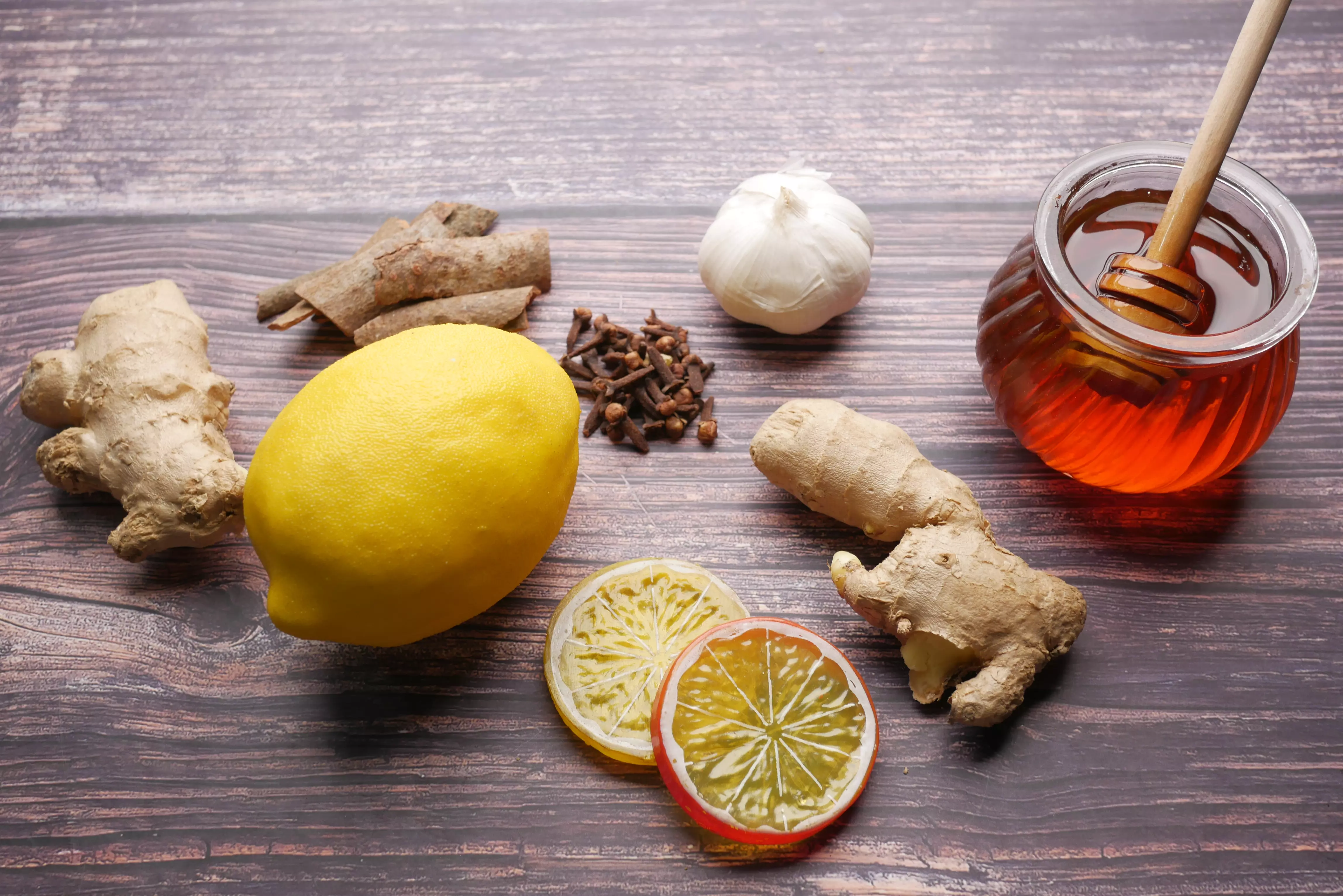Vaccination against COVID-19: information and effectiveness
Introduction
In the face of the global coronavirus pandemic, COVID-19 vaccinations have become one of the most important tools in the fight against the spread of the virus. They not only offer protection for individuals, but also help to stop the spread of the disease in communities. In this article, we will learn more about COVID-19 vaccination, as well as its effectiveness.
What is COVID-19?
COVID-19 is a disease caused by the new coronavirus SARS-CoV-2. The virus was first identified in December 2019 in the Chinese city of Wuhan and quickly spread around the world. The disease has symptoms ranging from mild respiratory infections to severe complications such as pneumonia and acute respiratory distress syndrome.
Food and immunity
An important aspect in the fight against COVID-19 is maintaining a strong immune system. A properly balanced diet rich in vitamins and minerals can help boost immunity. In this regard, certain foods such as citrus fruits, red meat, eggs and nuts are particularly beneficial to the immune system. However, despite this, diet alone is not a substitute for COVID-19 vaccination.
How do COVID-19 vaccines work?
The primary goal of COVID-19 vaccines is to stimulate the immune system to recognize and fight the SARS-CoV-2 virus. The vaccines work by providing the body with a small amount of dead or weakened virus, or fragments of the virus that do not cause disease. In response, the immune system recognizes them as foreign and produces its own antibodies and immune cells, which are ready to fight the actual virus if it becomes infected.
What are the vaccines available against COVID-19?
Various vaccines against COVID-19 are currently available on the market, most of which have undergone rigorous clinical testing and have been approved by the relevant regulatory authorities. Examples of such vaccines are: Pfizer-BioNTech, Moderna, AstraZeneca, Johnson & Johnson.
Efficacy of COVID-19 vaccines.
Worldwide clinical trials show that vaccination against COVID-19 is effective in preventing infection and reducing the risk of severe disease. The efficacy of vaccines can vary depending on the manufacturer and variant of the virus. For example, Pfizer-BioNTech's vaccine has an efficacy rate of about 95%, while AstraZeneca's vaccine has an efficacy rate of about 70%. Despite the differences in efficacy, all approved COVID-19 vaccines are safe and effective in reducing the risk of infection.
Side effects of COVID-19 vaccination
Like any other vaccine, COVID-19 vaccination can cause some side effects. The most common side effects include: soreness at the injection site, fatigue, muscle and joint pain, fever and headache. In most cases, these side effects are mild and resolve after a few days. Severe allergic reactions to vaccines are very rare.
Summary
Vaccination against COVID-19 is an integral part of the strategy to fight the pandemic. With them, we can protect ourselves and others from infection and reduce the risk of serious complications. Despite differences in efficacy and possible side effects, approved COVID-19 vaccines are safe and effective. It is important to consult a doctor or health specialist to get more accurate information about vaccination and to assess whether it is appropriate for an individual.
Remember that fighting a pandemic requires concerted community action, such as wearing masks, maintaining social distance and following health service recommendations. Vaccination against COVID-19 is one step we can take to reduce the impact of the virus and return to normalcy.
